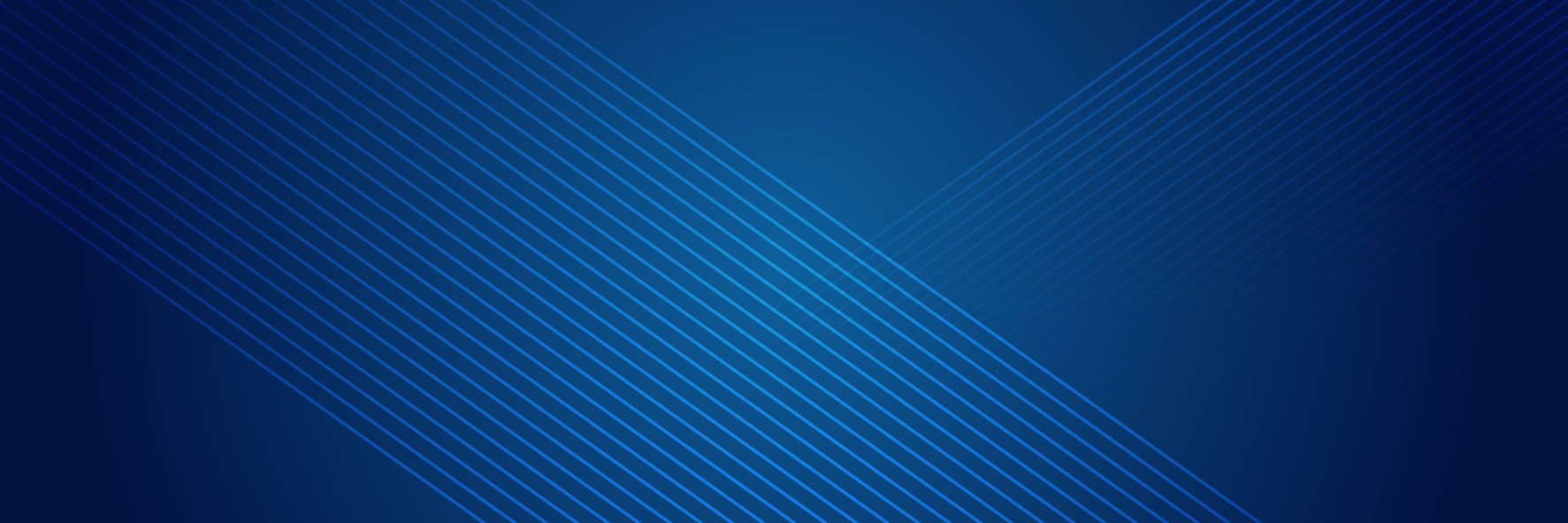
Minnesota Criminal Appeals Lawyers
If You Think Your Recent Criminal Conviction was Unfair, Maybe You Need to Appeal Your Case.

Criminal Appeals Attorneys
Were you convicted at trial? That doesn't necessarily mean it's the final word. Since 1989, over 3,000 people have been wrongfully convicted. The court system can make mistakes more often than many realize, but there are ways to attempt to correct those wrongs. Keep in mind, though—the appeals process is notoriously complex and challenging.
You can't just broadly challenge a guilty verdict. Appeals require you to focus on specific legal errors made during the trial. While this page can't cover every possible avenue for appeal.
If you or a loved one has been convicted but aren't sure what specific errors may apply, don't worry—many of these issues can be difficult to spot, even for trained attorneys. That's why it's crucial to contact a skilled criminal defense lawyer who can evaluate your case and advocate for the strongest possible appeal. Contact Jack Rice Defense today. 651-447-7650
Some common grounds for challenging a criminal conviction include:
Failure to grant a constitutional challenge
Errors in pre-trial rulings
Due process violated during jury selection
Legal errors in opening statements
Errors during direct or cross-examination
Mistakes in closing arguments
Insufficient evidence
Sentencing errors
Plea agreements not being honored
What Our Clients are Saying
Understanding the Process for Appealing a Conviction
Appealing a criminal conviction is a structured process that requires careful attention to detail. Here’s an overview of the steps involved in filing an appeal:
1. Serve the Appeal Papers
You must initiate the appeal process by serving the appropriate paperwork within a specific timeframe, typically within 60 days of the original court ruling. This includes submitting the required forms to the relevant parties, as well as filing them with the Court of Appeals and the district court or the applicable government agency.
2. Prepare the Records and Transcripts
Once the district court receives your appeal paperwork, it will compile the record of the previous trial. This process involves collecting all relevant documents, filings, and exhibits presented during the original trial. It's important to note that appellate courts generally do not consider new evidence during this process.
3. File the Brief
As the appellant, you will submit a written argument known as a "brief." This document outlines the events of the trial and articulates the reasons for the appeal, including any alleged miscarriages of justice and the grounds for requesting a reversal of the decision or a remand of the case.
4. Participate in the Oral Argument or Non-Oral Conference
After the necessary documents are filed, your case will be scheduled for an oral argument or a non-oral conference before a panel of three judges. During an oral argument, your attorney will present your case, explaining the rationale behind the appeal and addressing any questions from the judges. In a non-oral conference, the judges will review the case without the presence of legal counsel.
5. Receive the Decision
Typically, the appellate panel will issue a written opinion within 90 days following the oral argument or non-oral conference. This opinion will detail the decision regarding the appeal. Once the Court of Appeals has made its ruling, it generally will not rehear the case. However, there may still be options to pursue further appeals with a higher court.

FAQs About Criminal Appeals in St. Paul, MN
-
For felonies and gross misdemeanors, you have 90 days from sentencing to appeal the case. For misdemeanors, you have 30 days from sentencing to appeal the case. The timing on cases are extremely important. Contact an appeals attorney if you are unsure on timing.
-
Yes, the Minnesota Court of Appeals requires a $550 filing fee for an appeal.
-
No. A panel of 3 appellate judges will be deciding your appeal.
-
No, an appeal must be about specific issues that are chosen strategically. The facts in the original case can be building blocks for specific issues that are challenged, but a Court of Appeals will not go through and completely reweigh the evidence for every contested fact from the original trial.
-
No, they are incredibly difficult. On most issues the Court of Appeals gives deference to the decision at the district court. It is an uphill battle to appeal a case that requires a lot of legal know how and strategy.
-
It depends. There are certain issues where you can get an interlocutory appeal before the case is over. But there are other issues that you will need to wait until after sentencing in your case before you can appeal it. This is a complicated issue that should be discussed with your attorney.
-
No. Jack Rice Defense can only help you with appeals for cases in Minnesota.
-
Yes, if the evidence was introduced in violation of law, you can appeal the judge’s decision to admit the evidence.
-
Yes, if the evidence was excluded in violation of your constitutional right to present a defense, you can appeal a judge’s decision to exclude your evidence.











